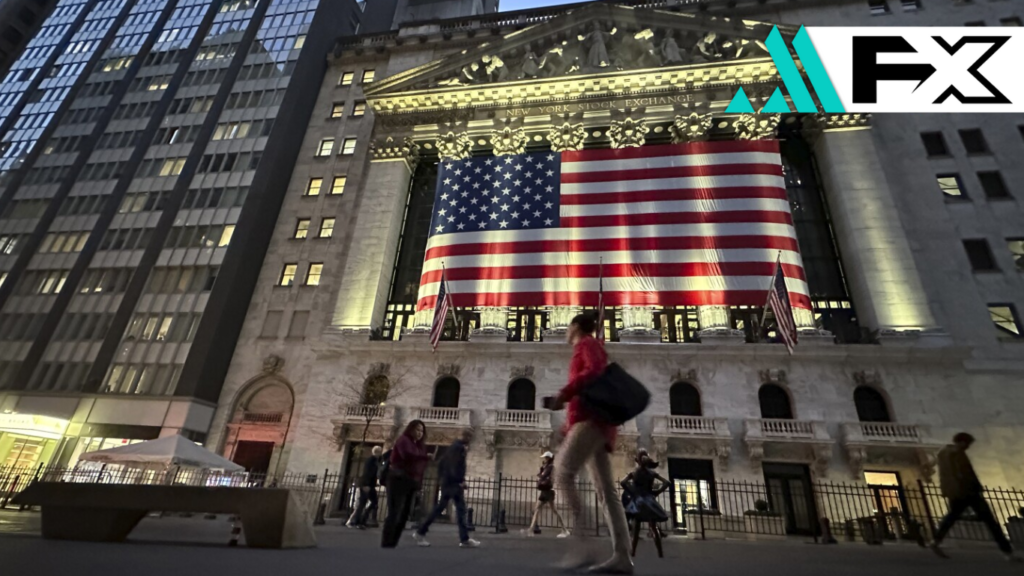U.S. stock futures sharply declined Sunday night, reflecting rising investor anxiety after President Donald Trump announced a wave of aggressive trade tariffs. The move triggered fears of another historic market crash, drawing comparisons to 1987’s “Black Monday.”
At 8:02 PM ET, futures for the S&P 500 dropped 4.5% to 4,892.25 points, while Nasdaq 100 futures plunged 5.5% to 16,587.0. Dow Jones Industrial Average futures shed 3.5%, falling to 37,191.0 points.
Trump doubled down on his protectionist stance over the weekend, stating that the new import tariffs—designed to address longstanding trade deficits—would remain in place indefinitely. This announcement followed the worst two-day decline for U.S. equities in over five years.
Global Markets Brace for Escalating Trade War
The administration’s new policy, enacted April 5, includes a 10% blanket tariff on all imports, with targeted higher rates—some exceeding 30%—set to hit major trade partners such as China, Japan, Vietnam, and the European Union by April 9.
China swiftly retaliated with matching 34% tariffs on U.S. goods, while the EU is moving toward a unified response that may include coordinated economic countermeasures. The growing tit-for-tat standoff is heightening concerns of a full-scale trade war, with analysts warning of long-term impacts on global supply chains, consumer prices, and GDP growth.
Key Global Reactions:
- China: Imposed 34% retaliatory tariffs on U.S. exports
- EU: Exploring a coordinated economic response
- Japan & Vietnam: Engaged in urgent diplomatic talks
JPMorgan has revised its global recession probability to 60%, citing the likely economic fallout from disrupted international trade.
Steepest Sell-Off Since March 2020
U.S. equities closed out last week with their steepest two-day losses since the COVID-19 pandemic’s market meltdown:
- S&P 500: Down 6% Friday, 10% over two days
- Nasdaq Composite: Dropped 6% Friday, 11% over two days
- Dow Jones: Fell 9% across Thursday and Friday
The sell-off was further fueled by uncertainty over inflation and monetary policy. Although March’s nonfarm payrolls rose by 228,000—beating February’s revised 117,000—Federal Reserve Chair Jerome Powell reiterated that no immediate changes to interest rates are expected, citing inflationary risks from the new trade environment.
Treasury Secretary Scott Bessent, however, dismissed recession concerns in a Sunday interview, attempting to reassure investors that the market reaction is “temporary.”
As investors brace for market open, all eyes will remain on geopolitical developments and how corporations begin pricing in the rising cost of trade.


